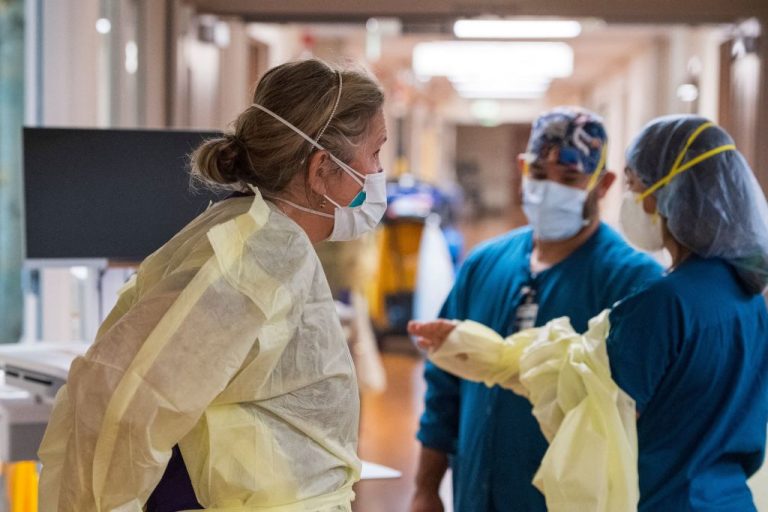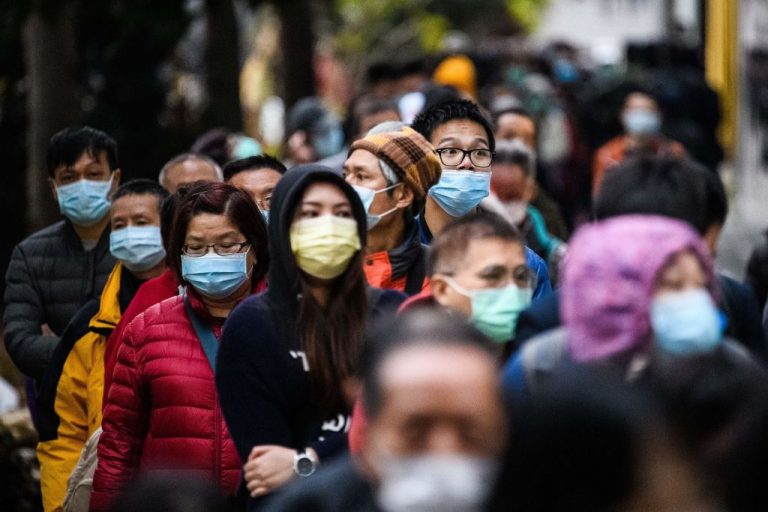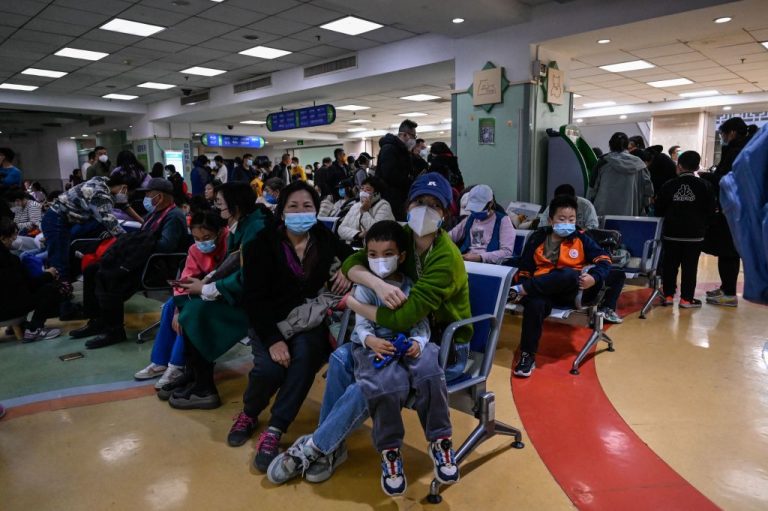While many countries have pushed for increased Coronavirus Disease 2019 (COVID-19) vaccination during the past few months, recent studies have cast doubt into the effectiveness of the shots. In one example, a recent report from Israel showed that the efficacy of the Pfizer-BioNTech vaccine had dropped to 39 percent by the end of July.
A study published in the New England Journal of Medicine (NEJM) on Sept. 1 by doctors from the University of California San Diego Health (UCSDH) analyzed infections of Severe Acute Respiratory Syndrome Coronavirus 2 (SARS-CoV-2), the virus which causes COVID-19, in its healthcare workforce.
Inoculation with mRNA vaccines began in mid-December of 2020, and by March of 2021, 76 percent of the workforce had been fully vaccinated. The percentage reached 87 percent by July. Between March and June, the number of SARS-CoV-2 infections was minimal, with only 30 workers testing positive each month.
However researchers found that “Coincident with the end of California’s mask mandate on June 15 and the rapid dominance of the B.1.617.2 (delta) variant that first emerged in mid-April and accounted for over 95% of UCSDH isolates by the end of July…infections increased rapidly, including cases among fully vaccinated persons.”
The spike in infections occurred despite the fact that the vast majority of employees were already fully vaccinated. As such, approval from the institutional review board was sought to study the effectiveness of the mRNA vaccines.
Success
You are now signed up for our newsletter
Success
Check your email to complete sign up
Workers, regardless of vaccination status, underwent testing when they presented with at least one symptom during daily screenings or after an “identified exposure.” Between March 1 and July 31, 227 workers tested positive, 130 (57.3 percent) of which were fully vaccinated.
109 of the fully vaccinated workers (83.8 percent) displayed symptoms, and 80 out of 90 of the unvaccinated workers (88.9 percent) displayed symptoms. No deaths were reported from either group, and only one unvaccinated person was hospitalized.
The authors reported that “Vaccine effectiveness exceeded 90% from March through June but fell to 65.5% (95% confidence interval [CI], 48.9 to 76.9) in July.” Although initial clinical trials against earlier variants displayed promising results, the authors state, “Our data suggest that vaccine effectiveness against any symptomatic disease is considerably lower against the delta variant and may wane over time since vaccination.”
The UCSDH doctors speculate that the waning vaccine effectiveness could be “due to both the emergence of the delta variant and waning immunity over time, compounded by the end of masking requirements in California and the resulting greater risk of exposure in the community.”
While the authors support continued efforts such as indoor masking, intensive testing, and possibly the administration of booster doses, individuals who are wary about the side effects of COVID-19 vaccines can also protect themselves with early and effective treatment.
Early and effective treatment
A comprehensive 2021 review of the evidence for ivermectin in the prophylaxis and treatment of COVID-19 published in the American Journal of Therapeutics states that the drug has “low rates of adverse events” and “has been used safely in pregnant women, children, and infants.”
The drug has significant anti-viral properties, demonstrated in multiple lab studies since 2012, in which viral replication is inhibited for influenza, zika, dengue, and other viruses. Ivermectin has also been shown to inhibit “SARS-CoV-2 replication and binding to host tissue through several observed and proposed mechanisms.”
Anti-inflammatory properties are also present, along with decreased viral load and organ damage in multiple animal models “infected with SARS-CoV-2 or similar coronaviruses.” Furthermore, the drug “prevents transmission and development of COVID-19 disease in those exposed to infected patients” and decreases recovery time for those with “mild to moderate disease” who are given treatment soon after symptoms present.
In terms of critically ill patients, ivermectin “hastens recovery and avoidance of ICU [intensive care unit] admission and death in hospitalized patients,” while also reducing mortality in critically ill COVID-19 patients.
The medication has unparalleled “safety, availability, and cost… low incidence of important drug interactions,” and “mild and rare side effects observed in almost 40 years of use and billions of doses administered.”
Many hope that America will follow in the footsteps of Japan in supporting the widespread use of ivermectin to combat the pandemic.













